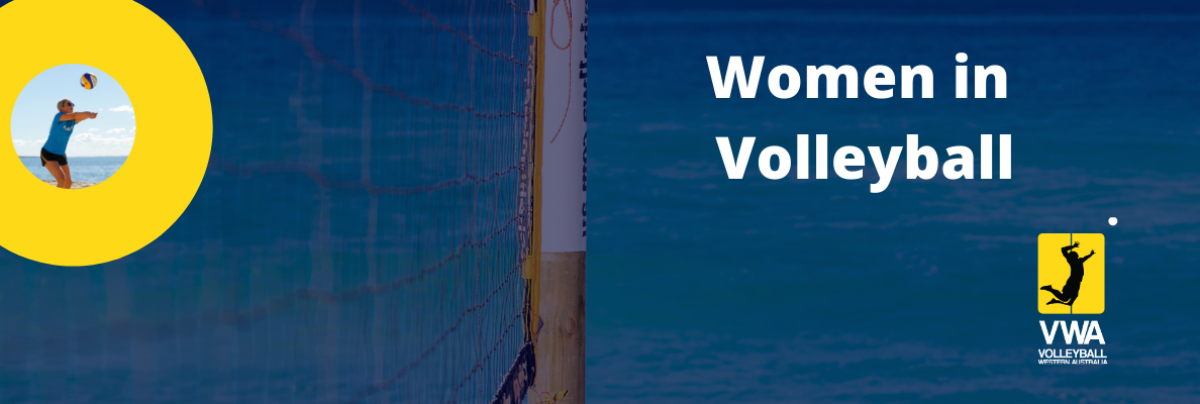As we celebrate International Women’s Day (IWD) 2022, Volleyball WA (VWA) is using the opportunity to acknowledge the journey of our sport to become one of the world’s most gender-balanced sports. Today’s female athletes are enjoying increased recognition for their ability to attract crowds, more media attention, increased opportunities to represent their country and play overseas. Volleyball is truly a sport that offers everyone the opportunity to be successful, accepted, and welcomed. Here in WA, there is a real sense of community and support for athletes of all genders.
Volleyball is the second most popular sport in the world after soccer. In international competition the rules for men and women are the same, the number of games played is the same and the pay and prize money is the same. In fact, in 2019 the highest-paid volleyballer in the world was a woman. Volleyball World in 2021 reported that 84% of volleyball fans have a strong interest in both men’s and women’s volleyball, and this is reflected in the coverage in the media and the number of spectators and viewers at the Tokyo Olympics.
But this of course has not always been the case, some countries and cultures have been quicker to adopt a more equal treatment of women and men in the sport than others. In Australia, other more traditional sports like AFL and Cricket have been more visually active in this arena attracting media and the dollars to propel the female game. In WA, the volleyball player community is an almost 50/50 gender split, the VWA board is gender-balanced, the VWA CEO and all managers are female and across the team, there are 9 female staff members and 6 male, facts worth being proud of.
Things like objectifying female beach volleyball athletes in the media, reduced access to funding, facilities and other training resources are just some of the differences experienced by some of the featured women who have been involved in the sport at different points in the journey towards equity. Then there is still some inequity when it comes to the number of female coaches, referees, club presidents, board, and committee members. This is potentially an area of significant change to be affected in the future with the right promotion of these roles and the reduction of barriers.
This year’s theme for IWD is #breakthebias. There is an international call-out to individuals to consider their thoughts and actions every day and so we ask our volleyball community to do the same to continue to break the bias in our sport. To think about inviting more females onto your committees and boards, to support the development of female coaches and referees, to promote your female athletes, and create opportunities for the Women’s game to be featured as the headline match.
Read the full story as told by some of the extraordinary women in sport here.

